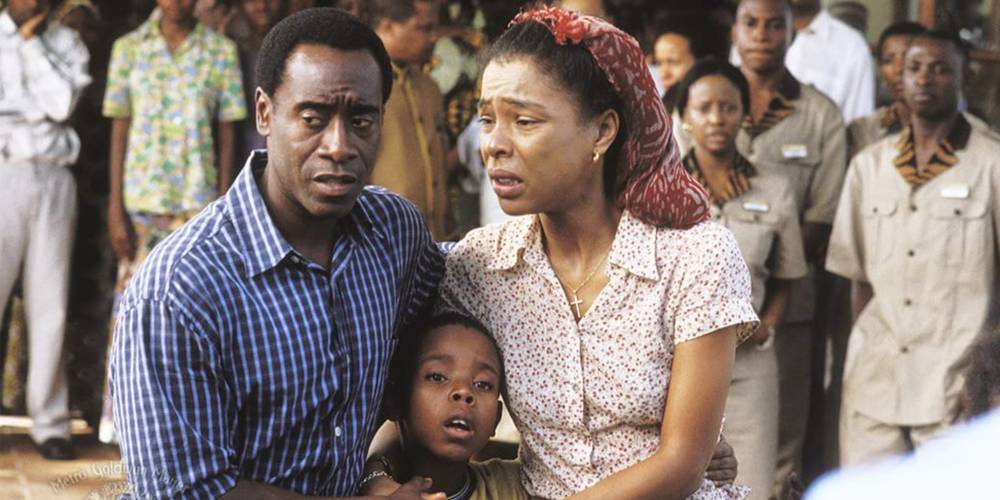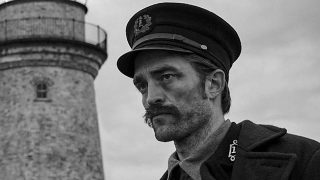Movies lie—that's just a fact of Hollywood and beyond. They'll lie about events, people, and anything in the interest of making a story more entertaining for wider audiences at the box office.
However, when movies lie about real people who lived real lives and did (or didn't do) real things, it can often feel a bit exasperating—especially when such embellishments feel completely unnecessary.
Here are my picks for the best biographical movies that are absolutely worth watching but blatantly told lies, knowing that some of the facts and events indeed never happened.
7. Walk the Line (2005)
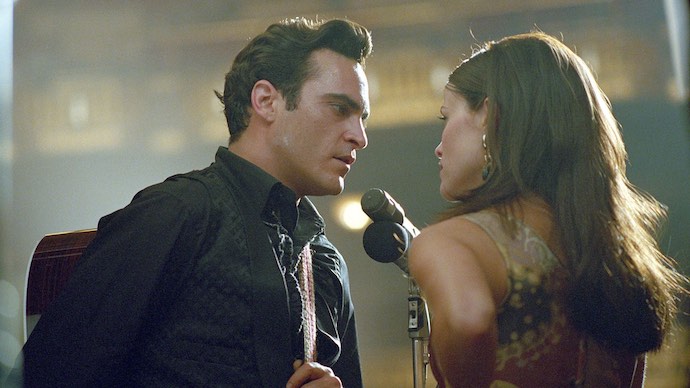
The tale of Johnny Cash's life was dramatized for Hollywood effect, but it didn't go too far into the realm of complete fiction.
In Walk the Line, we got to see the story of the famous country singer as he grew up, began his musical career, and fell into addiction—which is where the film tells its biggest lie.
The end of Walk the Line shows Johnny Cash cured of his drug habit and finally clean, all due to the actions of June Carter-Cash, who kept him under watch until he's cleared the pills out of his system.
In reality, Johnny Cash struggled with addiction his entire life, with June Carter-Cash often having to flush his pills in order to keep him sober.
Outside of that and a few other minor details, the depiction of Johnny Cash in Walk the Line is surprisingly accurate and delivered note-perfectly by the great Joaquin Phoenix.
6. Spencer (2021)
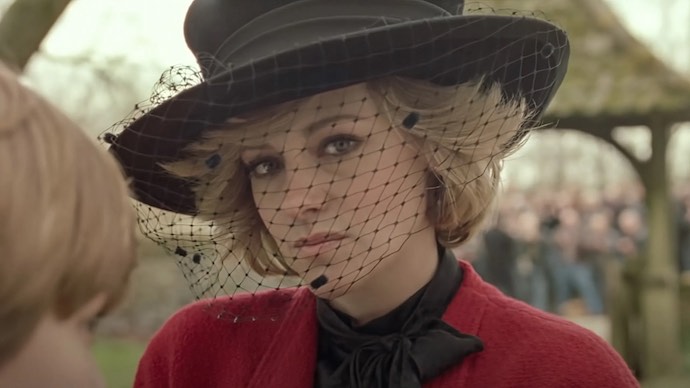
Any film that features Princess Diana as a protagonist is bound to draw the interest of the masses, given how the late British princess was such an iconic figure during her life.
However, when Spencer came along, with Kristen Stewart in the leading role, eyebrows raised at the idea of an American playing the British figure.
Stewart did a fine job as Diana, but the film itself had little basis in truth; rather, it played on the assumed actions that took place behind the scenes of the Royal Estate at Sandringham.
Furthermore, it's an exploration of Diana's psyche and health during her later years more than it is a true biographical picture. Spencer loses itself a bit for that, but holds together by Stewart's performance.
5. Mank (2020)
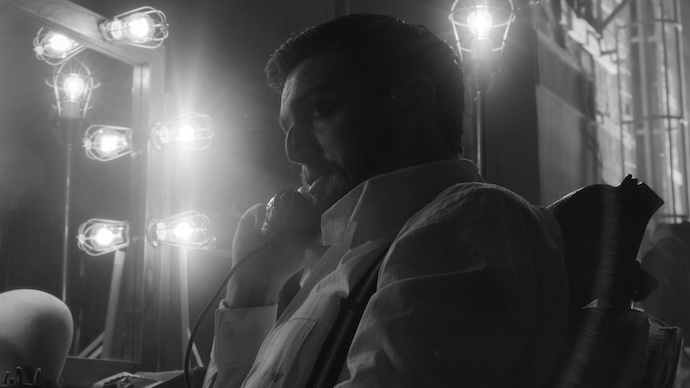
Mank is a film anchored by a stellar performance by Gary Oldman as the legendary screenwriter who co-wrote Citizen Kane with Orson Welles—and, in that, it also conveys its biggest lie.
The film showcases the debunked theory that Herman J. Mankiewicz wrote all of Citizen Kane without any input from Welles, which draws life from Mankiewicz's own statement about he wrote the film in the "absence" of Orson Welles.
It's known that the pair didn't expressly sit down together to develop the film, but that Welles took the script written by Herman and added his own scenes and ideas to it, thus transforming it into a full script (and not the 200+ page novel that Mankiewicz wrote).
So, Mank, while a good movie, shows a lie that was disproved decades ago by those who worked on the picture.
4. Hotel Rwanda (2004)
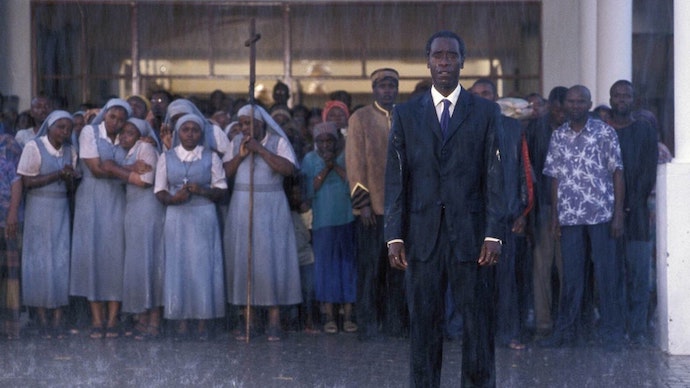
Depending on which accounts you believe about the incident, Paul Rusesabagina's actions were either completely selfless and heroic or something more complex. Whatever the truth actually is, Hotel Rwanda most certainly stretched that truth.
What's known is that hotel manager Paul Rusesabagina helped save the lives of multiple people during the Rwandan genocide in the 1990s by sheltering them in the hotel he managed.
But according to some of those who survived the experience claim that he was less than a hero in his actions—a trait that the film ignored.
Still, Hotel Rwanda remains a strong cinematic experience about the unfiltered horrors of genocide, even if the actions glorified by the film are just that: glorified.
3. Hacksaw Ridge (2016)
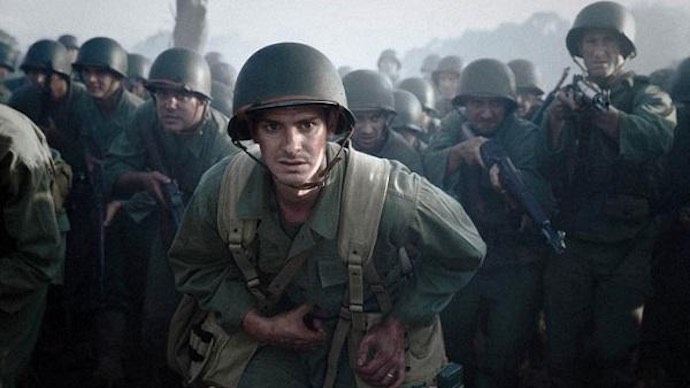
Private Desmond Doss did indeed go into the battles of World War II without a weapon to defend himself—that's how strong his pacifist beliefs were, that he would never hold a weapon in his life.
However, what's broadly untrue about the film Hacksaw Ridge is how he kicked a grenade away from his own men to defend them during battle. That part was entirely made up by the filmmakers.
The silly thing is, Desmond Doss's story is so inspiring that it didn't need that Hollywood sheen to make it more exciting. Walking into war without a gun is brave enough on its own.
Fortunately, the film remains a good one thanks to Mel Gibson's direction and Andrew Garfield's committed performance as Doss.
2. Fearless (2006)
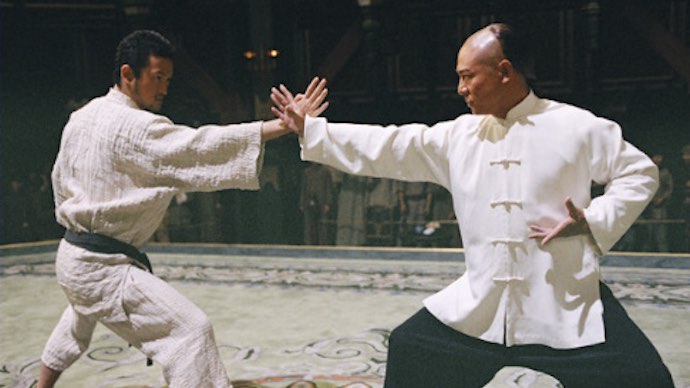
In Fearless, which tells the story of legendary martial arts master Huo Yuanjia, almost everything on screen is incredibly exaggerated. It is, after all, a Jet Li movie—and it wants to make that clear.
The story incorporates elements of Huo Yuanjia's life, including his entry into a martial arts competition on behalf of the Chinese, but outside of that, it's a work of broad fiction.
The film is still fun to watch, of course. Jet Li gives a performance that keeps audiences entertained while also showing his acting abilities.
By the end of Fearless, we know that almost none of the movie happened for real, but we're still left speaking about it thanks to Li's dedication.
1. Blonde (2022)

The whole movie of Blonde is almost completely untrue, but that's kind of the point of Ana de Armas's picture about the life—and mental state—of classic Hollywood icon Marilyn Monroe.
Blonde is a film that bases its premise on making Monroe's life a work of fiction, which led to mixed results from critics.
Sure, a few moments of truth did make it into the picture—like Monroe's iconic skirt-blowing scene—but on the whole, Blonde is a gigantic fictional story that happens to star a real-life woman.
Despite the less-than-enthusiastic reviews for the film, the performance of Ana de Armas holds the film together as she gives a nuanced take on an alternate life for Monroe.
